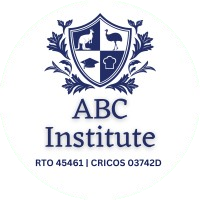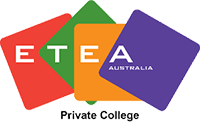
This role has a low level of AI exposure. Core skills such as adaptability, social intelligence, and complex physical tasks remain beyond the capabilities of current AI.
Explore all careersA Chief Cook prepares meals on a vessel, ensuring ingredient availability, hygiene, and special dietary needs while managing tasks efficiently.
Get qualified to work as a Chief Cook with a course recognised across Australia. Speak to a training provider to learn more.










































In Australia, a full time Chief Cook generally earns $1,500 per week ($78,000 annual salary) before tax. This is a median figure for full-time employees and should be considered a guide only. As you gain more experience you can expect a potentially higher salary than people who are new to the industry.
 Courses.com.au Team
Courses.com.au Team
This industry has experienced strong employment growth over the last five years. There are currently 38,300 people working in this field in Australia and many of them specialise as a Chief Cook. Chief Cooks may find work across all regions of Australia.
Source: Australian Government Labour Market Insights
 Courses.com.au Team
Courses.com.au Team
A Certificate III in Maritime Operations (Marine Cookery) is an ideal qualification if you’re interested in a career as a Chief Cook. You’ll cover a range of topics including shipboard safety and survival at sea, skills in food preparation, food safety, maintaining perishables and stock control.
 Courses.com.au Team
Courses.com.au Team
Browse occupations related to Chief Cook



For those seeking a rewarding career in the culinary arts, the Chief Cook courses in South Australia present an excellent opportunity to gain essential skills and qualifications. With a focus on practical training and industry-relevant knowledge, these courses prepare aspiring chefs to excel in various culinary settings. Whether you are starting your journey or looking to enhance your skill set, the courses available in this region are designed to cater to beginners and those seeking professional development.
Among the most sought-after programs are the Certificate III in Commercial Cookery SIT30821 and the Certificate III in Maritime Operations (Marine Cookery) MAR30320. These beginner courses require no previous experience, making them ideal for those looking to enter the industry with confidence and competence. Graduates of these programs can expect to secure positions that not only meet the demands of local establishments but also align with national culinary standards.
The geographical landscape of South Australia boasts a rich culinary tradition influenced by its diverse culture and abundant local produce. Enrolling in Chief Cook courses in South Australia allows students to immerse themselves in this vibrant local cuisine while developing an understanding of both contemporary and traditional cooking techniques. Training providers in this state are known for their commitment to delivering high-quality education backed by strong industry relationships.
Moreover, aspiring chefs in South Australia can explore related fields of study by considering courses in Transport and Logistics or even the specialised Maritime sector. These fields complement a culinary career and expand job opportunities for those who desire versatility in their professional journey. This holistic approach ensures that graduates are equipped not only with culinary skills but also with knowledge relevant to their chosen work environments.